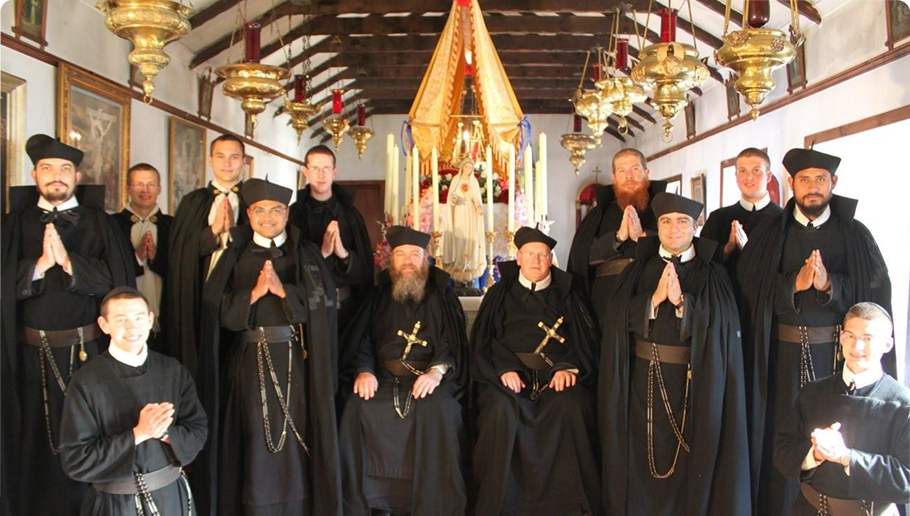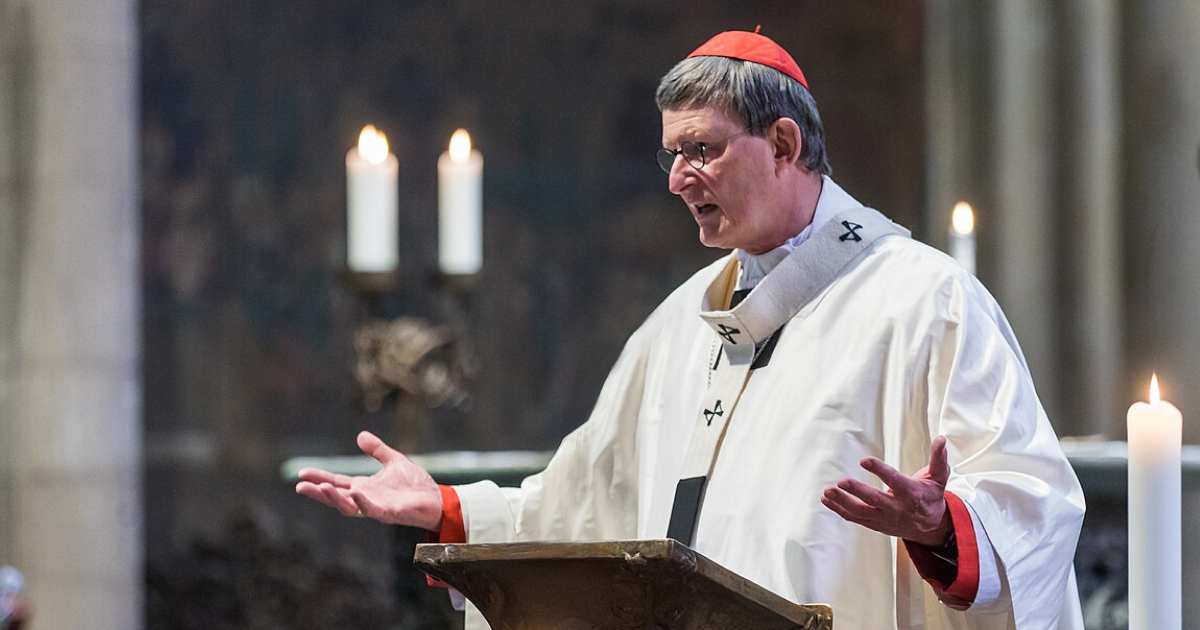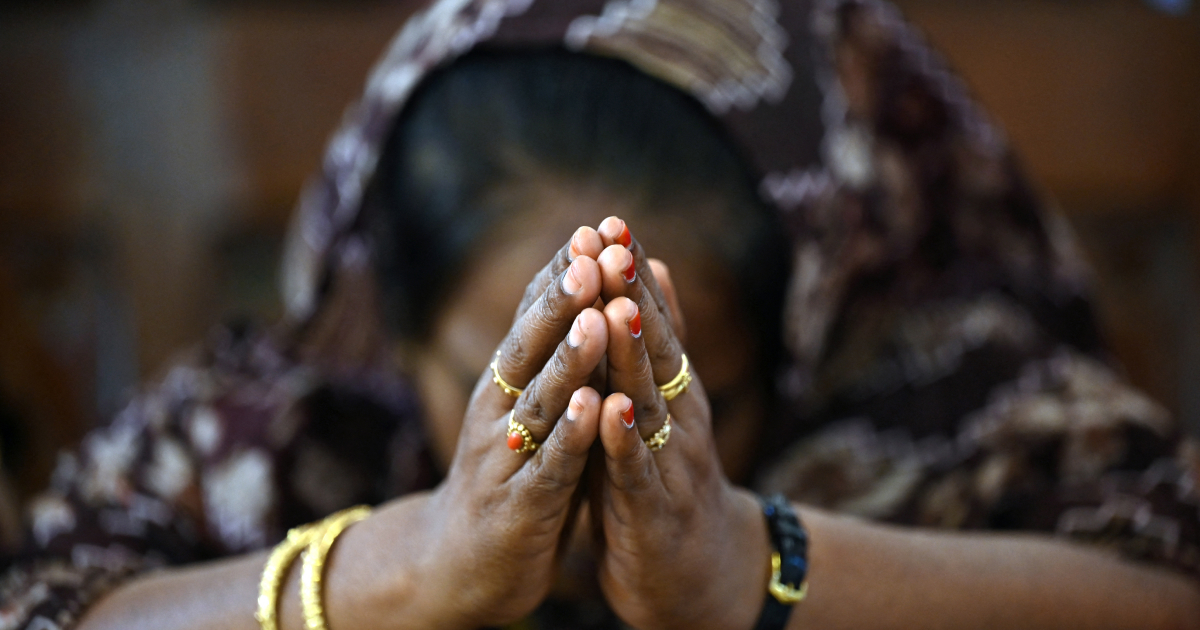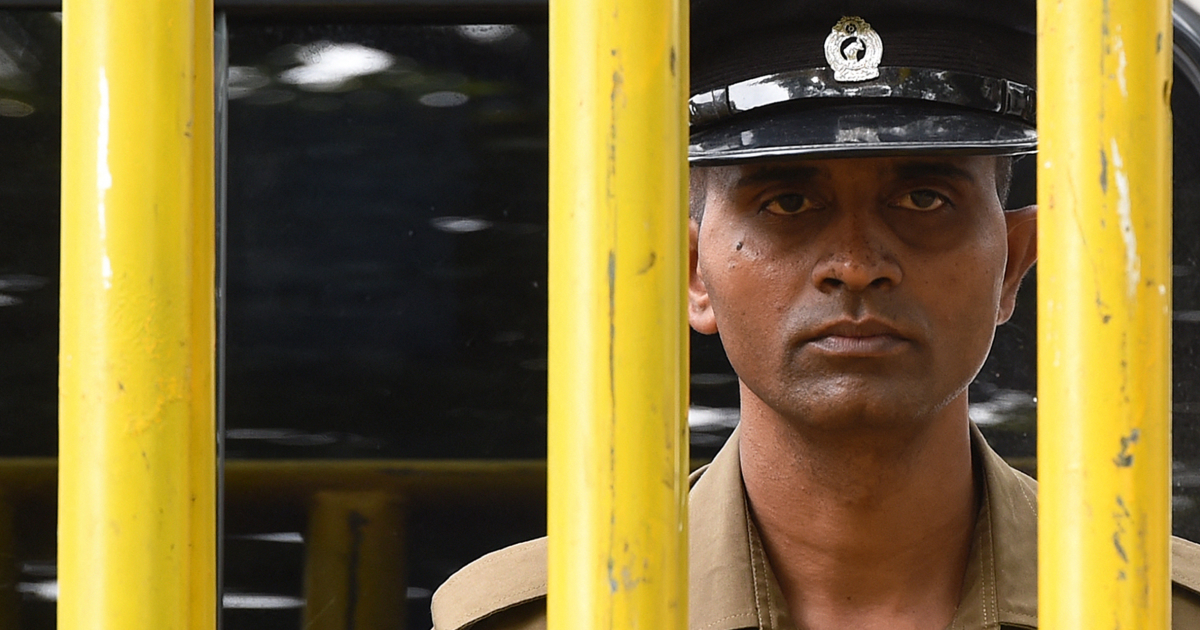The Bishop of Aberdeen, Scotland, has publicly issued a letter in response to the recent open letter by the religious institute Sons of the Most Holy Redeemer (also commonly known as the Transalpine Redemptorists).
Bishop Hugh Gilbert OSB said the statement by the Sons of the Most Holy Redeemer, known informally as the Transalpine Redemptorists, was “incompatible with the Catholic sense of the Church’s unity.”
In a brief but pointed statement issued on 24 October 2025, Bishop Hugh Gilbert OSB addressed the growing controversy surrounding the Sons of the Most Holy Redeemer, condemning the tone and content of their recently published open letter. Describing it as “incompatible with the Catholic sense of the Church’s unity,” the bishop said the diocese “deeply regrets the tone, direction and key elements” of the communication, while affirming that dialogue with the community remained open.
He announced that alternative arrangements had been made for the celebration of the Traditional Latin Mass at St John’s, Fetternear, and confirmed that “the competent Dicasteries of the Holy See are studying the situation” to provide canonical and doctrinal guidance.
Bishop Gilbert closed by inviting the faithful to prayer “for that unity of the Church so close to the Heart of Christ,” signalling both pastoral concern and the seriousness with which the matter is being treated by diocesan and Vatican authorities.
The order, based at Golgotha Monastery on Papa Stronsay, a small island in Orkney, Scotland, issued its open letter on 16 October at the conclusion of its General Chapter. Addressed “to Catholic bishops, priests, religious and faithful,” it accuses the modern Church of betraying the faith of the saints and of embracing errors born of the Second Vatican Council.
“Through years of trials and experiences we have come to the unfortunate conclusion that the Traditional Catholic Faith … is incompatible with the new, modern Church,” it declared. “They simply cannot coexist in unity with each other.”
The letter, running to several pages, rejects a series of papal and curial documents including Amoris Laetitia, Traditionis Custodes, and Fiducia Supplicans. It calls the reforms of recent pontificates a “false theology of ‘sister churches’ and ‘partial communion’,” accuses bishops of “destroying the Church,” and insists that “authority in the Church is ministerial, not absolute.”
“The chain of command has been broken,” the monks wrote. “We will not be complicit by silence in this ongoing destruction of the Church.” The letter concludes with the appeal: “To all who read this: How long will all this nonsense go on? … Whatever may be said to us, with the Apostle we must say: Anathema!”
The statement appears to place the Sons of the Most Holy Redeemer at risk of canonical irregularity, seventeen years after they were reconciled to the Holy See. Founded in 1988 by the former Redemptorist Fr Michael Mary Sim outside ecclesial structures and once linked to Archbishop Lefebvre’s Society of St Pius X, the community was regularised under Pope Benedict XVI following the 2007 motu proprio Summorum Pontificum.
In 2008, all canonical penalties were lifted, and in 2012 Bishop Gilbert erected the group as a diocesan institute under the title Congregation of the Sons of the Most Holy Redeemer. The monks, who lived according to the rule of St Alphonsus Liguori, were held up at the time as a sign of reconciliation within the Church’s liturgical life.
Tensions later re-emerged following their expansion to New Zealand in 2017. Local media reported unauthorised exorcisms at the order’s Christchurch mission, allegations the community denied.
The Vatican subsequently ordered an apostolic visitation led by Australian Bishop Robert McGuckin. Last year Bishop Michael Gielen expelled the community from his diocese, citing “challenges for unity and obedience within the Church.” The Holy See upheld that decision in 2025, confirming that sacraments administered by the group there were not authorised.
Commentators have noted that the development marks the sharpest rupture yet between what was described as an “Ecclesia Dei Indult Group” — groups of priests who have received permission to celebrate Mass according to the 1962 Roman Missal — and Rome. The Dicastery for the Doctrine of the Faith is expected to assess the matter in the coming months.
Photo credit: The Sons of the Most Holy Redeemer website












.jpg)
.jpg)



